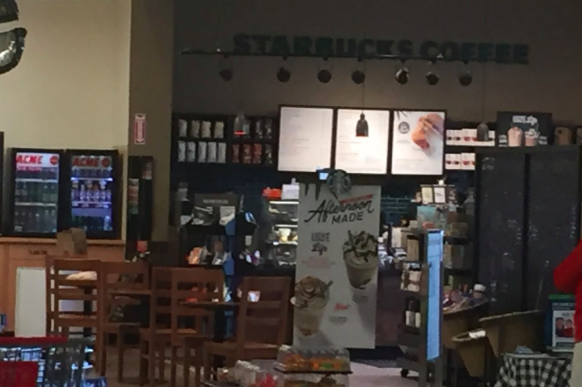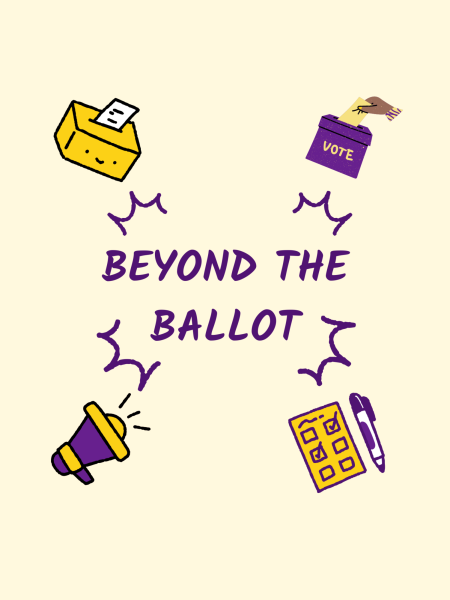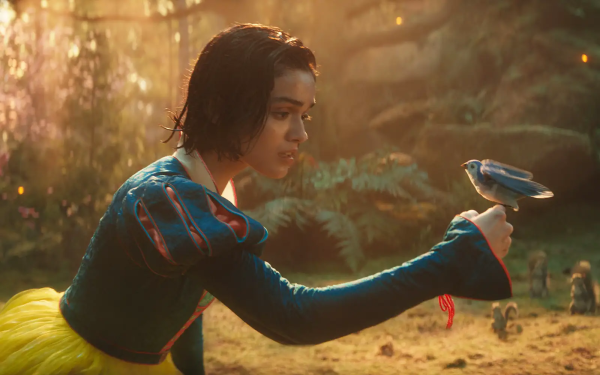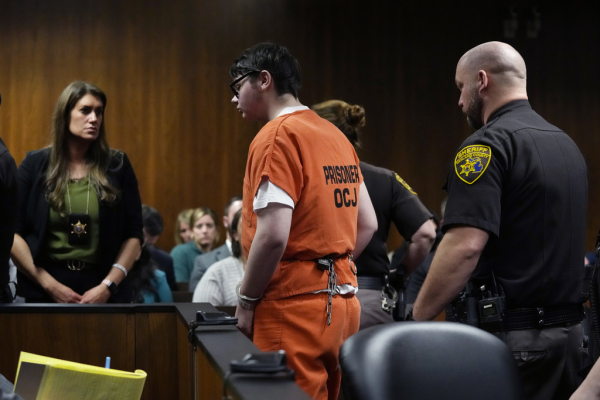Coffee Culture: From The Lens Of A Non-Coffee Drinker

Let’s face it. Coffee is everywhere. It’s the Holy Grail for people, both adults and teenagers, all across America. In Seattle, a major coffee hub where Starbucks is based, you can’t walk a block or two without seeing a coffee shop somewhere. In Montvale and Woodcliff Lake, you can’t go anywhere without seeing at least one person with a Dunkin’ Donuts or Starbucks Coffee. In fact, over 54% of Americans over the age of eighteen drink at least one cup of coffee daily. There’s no escaping the beverage- or the culture surrounding it.
But what exactly is coffee culture? According to Wikipedia, coffee culture is “a social atmosphere or series of associated social behaviors that depends heavily upon coffee, particularly as a social lubricant”. It also refers to the adoption and spreading of coffee drinking as a norm in everyday life. Coffee culture involves those who consume coffee or coffee-based drinks on a regular basis. It includes the people who can be called “coffee snobs”, people who can name a specific brew or blend of coffee simply by sniffing their drink and look down upon people who drink cheaper and less refined coffees.
To non-coffee drinkers, coffee culture, and different coffee beverages, seem alien, as if somebody were speaking an obscure language like Yiddish. In fact, the drive behind the culture and the obsession over coffee still mystifies me, even after I’ve been working at a Starbucks for a month. What I have realized is how difficult it is for somebody who doesn’t drink coffee to suddenly immerse themselves in a job based around it.
Remembering the sheer amount of drinks at Starbucks can be overwhelming. I’ve been training as a barista for about a month at a supermarket cafe Starbucks and I still sometimes stare at the customers like they have a second head. I’ll ask them their order again just to make sure I remember it. All the while, I flip through the pages worth of drinks to find what they ordered to ring it up on the register.
What I’ve noticed about coffee culture too is that people feel entitled to complain- even more so than people usually do (which is quite often). If a customer doesn’t get their coffee thirty seconds after they order it, they complain. If there’s a long line and they’re kept waiting because of the other customers, they complain. If a particular blend that they want was discontinued at our store (due to no fault of our own), they’ll complain. The complaints can be annoying to deal with, but they sting a little more knowing how entitled these people feel to buy their coffee and how much money they are willing to spend.
Coffee culture also means being fast-paced and in a hurry. People also order their drinks while talking on their phones too. Half of the customers that walk in are talking on their phones with somebody and they take the quickest pause to order their drink, then return to their conversation. If you even dare ask them their order again for clarification, they give you an angry glare, as if you’re being stared down by a coffee depraved dragon. Once they order their drink, they continue to rudely talk on the phone as they wait for their order to be made. If you can’t take yourself off of your phone for thirty seconds to order a drink and pay for it, then you shouldn’t even be ordering anything in the first place.
While it may sound like I am vilifying coffee culture, in all honesty, I think the culture is interesting. Despite all of the negatives of dealing with coffee drinkers and the mysteries of the drive behind the culture, coffee brings people together. I’ve seen many types of customers walk in: teenagers, busy moms with their kids, the elderly, the working class, and store employees. They might live very different lives, but coffee brings them all together. There is a sense of unity and understanding among coffee drinkers that is hard to replicate unless you drink coffee too. I’ve witnessed these types of exchanges between my co-workers (who are coffee drinkers) and the customers. I may not ever become a part of coffee culture, but that’s fine with me. I’ve come to understand the obsession with coffee among Hills students, whether it be from Starbucks or Dunkin’ Donuts. There’s a certain joy to be had from being a part of coffee culture, but if you don’t drink coffee, you aren’t missing much. Being a part of coffee culture doesn’t automatically make you hip or popular. It just means that you enjoy coffee and there’s nothing wrong with that.

Matt is a senior and this is his second year as the In-Depth editor for The Trailblazer. Matt is excited to lead writers into hard-hitting journalism and write exposés. Although he’s sad his time is ending soon, he knows that his proteges will do well, but until then, he is ready to teach them all he knows!











































